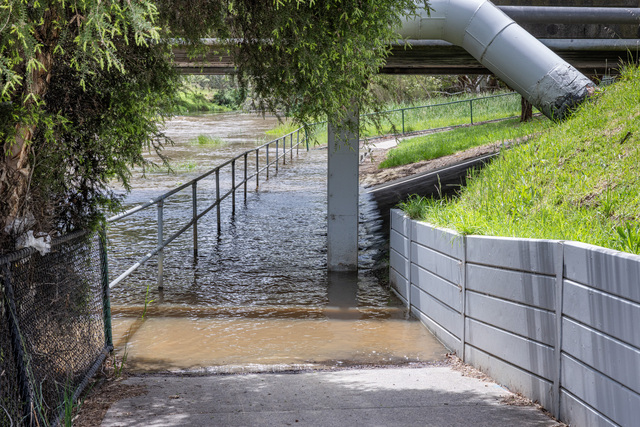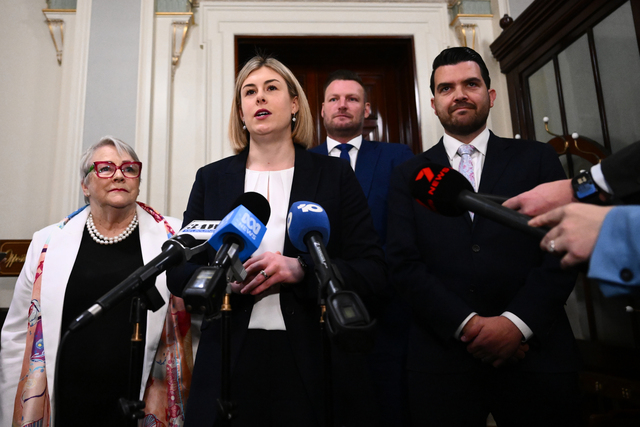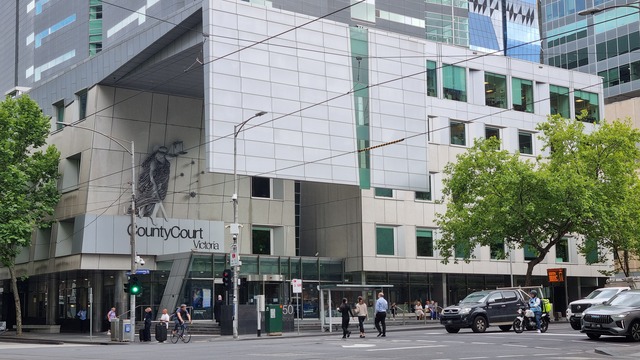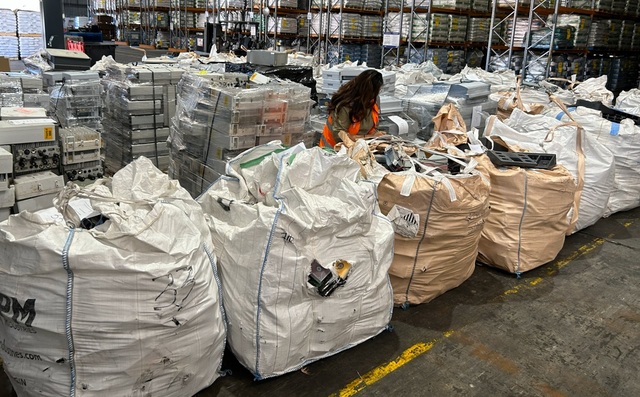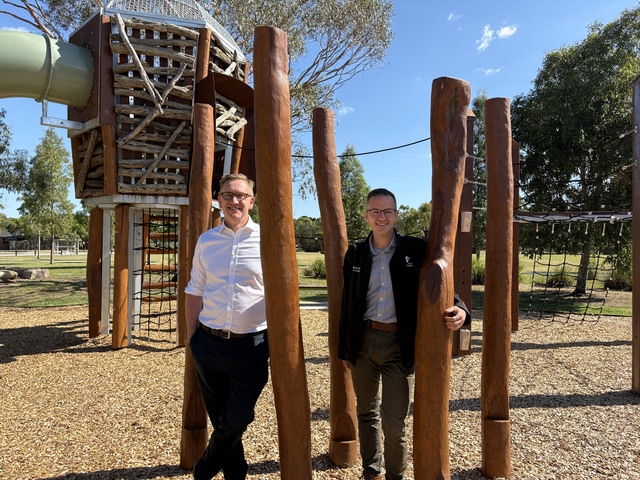From swimming to mental health, Laps for Life aims to not only raise awareness but also raise funds for those who urgently need support.
Put together by Reach Out, the organisation aims to make the month of March a period for advocating and preventing youth suicide through the act of swimming.
Georgia, a 19-year-old swimming instructor whose passion for swimming was recently reignited is more than keen on taking part in the month-long event.
“I think for me it’s all about raising awareness, about preventative measures, and particularly about the interaction between physical health and mental health,” Georgia said.
Intending to swim 10 kilometres in March, Georgia is encouraging others to also take the plunge for a noble cause.
For her, swimming was a much more engaging activity that someone could undertake, allowing multiple muscles to be worked, but also allowing time for someone to reflect on themselves.
“Physically, it’s good exercise, I feel like I’ve become stronger and have more energy the more I’ve been swimming.
“Once you go underwater it gets quieter and you can sort of just forget about everything, which has been very helpful,” Georgia said.
Linda Williams, senior psychologist and clinical lead at Reach Out said engaging endeavours such as Laps for Life are important when it comes to advocating and understanding mental health.
“One of the things we know is that mental health difficulties are really, really common in young people.
“One of the challenges is a lot of young people aren’t seeking professional support, not going to see a GP face-to-face.
“So it’s important to have options for young people that are more appealing to them, more accessible, something that they’re more likely to access and that’s what Reach Out’s focus has been,” Ms Williams said.
For Ms Williams, Laps for Life hits multiple targets with one arrow.
“If you know somebody who is doing laps for life, that brings mental health to your attention.
“If you’re somebody who is participating in laps for life or supporting someone who is, you’re doing something to support mental health and active in that sense, but also in a physical sense.
“One of the more consistent findings and recommendations when it comes to good mental health is that regular physical activity can be supportive when it comes to maintaining good mental health,” she said.
While she added that it’s not a cure, and is never a hundred per cent, “exercising regularly is good for your mood”.
The funds for the challenge will be directly supporting Reach Out, which is an online-only support service that is anonymous and confidential.
Ms Williams said that when it comes to looking for or accessing help, there’s no need for it to be a big leap, “it’s not all or nothing”.
“You don’t have to make the decision to tell everyone in your life, or you don’t have to start with seeing somebody, you can start small and build from there.”
In Georgia’s journey with her mental health, swimming itself has played a vital role as a helping hand.
“I think it was definitely a good release, I had pent-up energy that I didn’t know what to do with and I was feeling really restless a lot of the time.
“Swimming has helped me focus on one thing, it’s a very achievable goal, just swimming one lap at a time,” Georgia said.
To those who are looking to take part in the event but are unsure, Georgia said to just “go for it”.
“Even if you can’t swim you can still pick a shallow pool and walk the lap – you can find different ways to participate,” she said.
Ms Williams also encouraged those who are seeking help to do so, and do it one step at a time by either taking advantage of readily available resources that organisations like Reach Out provide, or by simply reading about it online.
“On our online platforms, a lot of young people will post and talk to other young people.
“Sometimes people will just go to the forums as readers, and even just reading about what others are going through helps them begin to feel connected but in a safe way.
“This means that you don’t have to share more than you’re comfortable with, you don’t have to take that step if you don’t want to,” she said.
If you or someone you know is struggling with mental health, online help through chatting with peers and other young people in similar situations is available through Reach Out at about.au.reachout.com
Alternatively, if you or someone you know need urgent mental health care, please contact Lifeline at 13 11 14.
For ages 5 – 25, Kids Helpline can be reached at 1800 55 1800.





